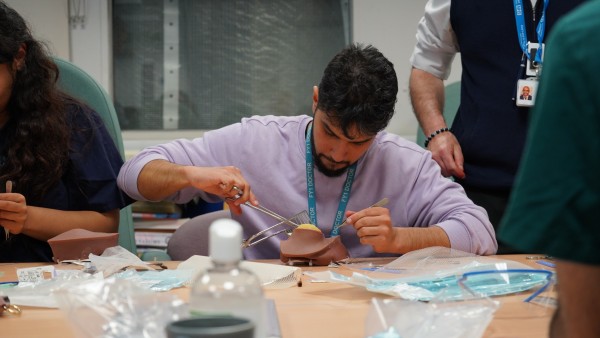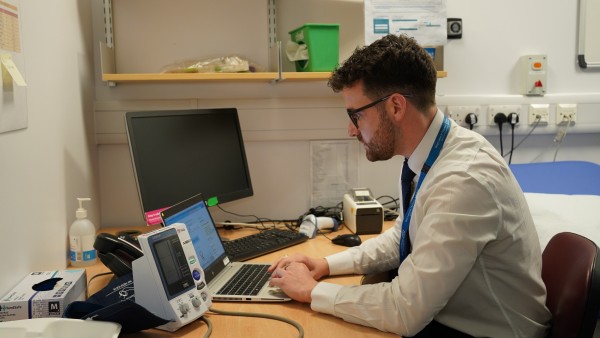We offer a range of opportunities to get involved.
Staff and students across King's Health Partners can take advantage of education and training, funding support, and a range of benefits. Click on the relevant tabs below to find out more.
And we want to hear patients, service users, and experts by experience to help design and refine our work. Visit our patient and public involvement page below to find out more.







